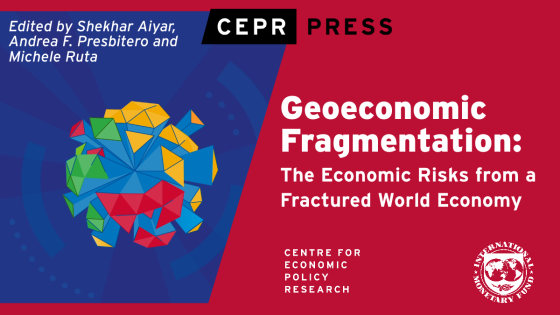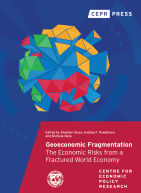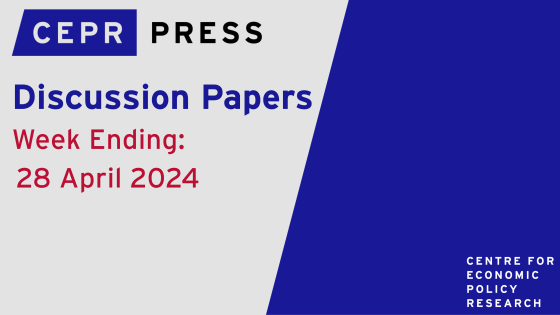Based on discussions held at an IMF conference on geoeconomic fragmentation in May 2023, this eBook presents compelling evidence of a notable surge in trade and foreign direct investment (FDI) restrictions, with their prevalence tripling since 2018, and of significant shifts in trade, FDI and capital flows dynamics. While the global economy is far from fully fledged fragmentation, early signs are visible and concerning.
Recent events, such as Brexit, COVID-19 and the invasion of Ukraine, have exacerbated geopolitical tensions and increased skepticism about the benefits of globalization, making it more difficult to find cooperative solutions. The chapters in this eBook explain and quantify the channels through which geopolitical tensions could affect the global economy. The studies draw three main conclusions:
- Adjustment costs from geoeconomic fragmentation are likely to be large. Tentative estimates of the risk from trade fragmentation range from 0.2 percent under a scenario of limited fragmentation and low-cost adjustments, to a substantial 7 percent GDP reduction in the event of severe fragmentation and high cost adjustments;
- The economic costs associated with trade restrictions are greatly amplified by technological decoupling, the loss in output could reach 8 to 12 percent in some countries; and
- Emerging market economies and low-income countries are likely to be most at risk due to the loss of knowledge spillovers.
This eBook seeks to define a new threat to the global economy and take stock of the best available research to date on the subject. It clarifies what we know and what we don’t, serving as a crucial guide for future research.


